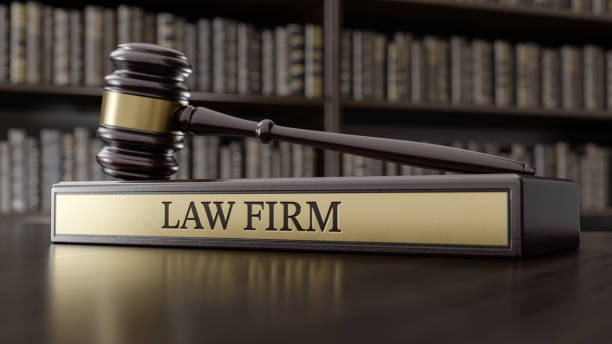How Do I Set Up Power of Attorney in Alabama?
The Law Offices of Brenton C. McWilliams
When life throws unexpected twists or when long-term planning becomes a priority, having a power of attorney in place can offer peace of mind. Whether you’re managing an aging parent’s affairs or preparing for your own future, understanding how to set up a power of attorney in Alabama is an essential step in protecting your rights and ensuring your wishes are carried out.
This guide walks you through what a power of attorney is, the types recognized in Alabama, and the steps to properly set one up so it stands up legally and serves your needs.
What Is a Power of Attorney?
A power of attorney (POA) is a legal document that allows one person (the “principal”) to give another person (the “agent” or “attorney-in-fact”) the authority to make decisions on their behalf. This can involve managing finances, handling real estate transactions, making medical choices, or dealing with legal matters.
In Alabama, a power of attorney can be flexible or specific, short-term or long-lasting—it all depends on how it’s written.
Types of Power of Attorney in Alabama
Before creating a power of attorney in Alabama, it’s important to understand the different types available:
1. General Power of Attorney
“It allows the agent to handle a wide variety of tasks and decisions on your behalf It ends if the principal becomes incapacitated unless specified otherwise”
2. Durable Power of Attorney
To be valid in Alabama, it must clearly state that it is “durable.”
3. Limited (or Special) Power of Attorney
This grants the agent authority to perform specific tasks, such as signing papers at a real estate closing while you’re out of town.
4. Springing Power of Attorney
This only becomes effective under certain conditions, like if the principal becomes incapacitated. Alabama does not automatically recognize springing POAs, so language must be precise and legally sound.
Why Create a Power of Attorney?
Without a power of attorney in Alabama, your loved ones may need to go to court to gain the right to act on your behalf if you become unable to make decisions. This can be stressful, time-consuming, and expensive.
Setting up a POA ensures:
- Your affairs are managed by someone you trust
- Decisions can be made quickly in emergencies
- You maintain control over how and when your agent can act
Creating a power of attorney in Alabama involves several important steps. Here’s what the process typically looks like:
Step 1: Choose Your Agent Wisely
Your agent should be someone you trust deeply. This person will have access to your personal affairs, and in some cases, the authority to make life-altering decisions.
Step 2: Decide What Powers to Grant
Clearly define what your agent can and cannot do. You may want to limit their authority to only financial matters or only medical decisions, or you may want to provide broader access.
Step 3: Use the Proper Alabama POA Form
Alabama follows the Uniform Power of Attorney Act, and the document must follow state requirements to be valid. The state provides a statutory form, but customization is often needed to fit individual circumstances.
Step 4: Include Durability if Desired
If you want your power of attorney to continue if you become incapacitated, make sure the document includes the appropriate “durable” language.
Step 5: Sign and Notarize the Document
In Alabama, your POA must be signed by the principal and notarized. While witnesses are not required for financial POAs, they are often used for medical ones. It’s wise to have disinterested parties (people not named in the POA) witness your signature for added protection.
Step 6: Distribute and Store the POA Safely
Make copies of your signed POA and provide them to your agent and any relevant financial institutions, healthcare providers, or attorneys. Keep the original in a secure, accessible place.
Common Mistakes to Avoid
- Using a generic form that doesn’t comply with Alabama law
- Failing to make the POA durable if you want it to remain active during incapacity
- Naming co-agents without providing a plan for disagreements
- Not discussing expectations with the chosen agent
When Should You Set Up a POA?
The best time to create a power of attorney in Alabama is before you need one—when you’re healthy and fully aware of your choices.
Final Thoughts
Setting up a power of attorney in Alabama isn’t just a legal formality—it’s a smart step in protecting your future. At The Law Offices of Brenton C. McWilliams, their legal attorneys, helps individuals and families prepare POAs that are tailored, compliant, and clearly enforceable. Whether you’re preparing for the unexpected or planning your estate, we’re here to guide you through every detail.
Need help setting up a power of attorney in Alabama?
Contact The Law Offices of Brenton C. McWilliams for trusted legal guidance tailored to your needs.







